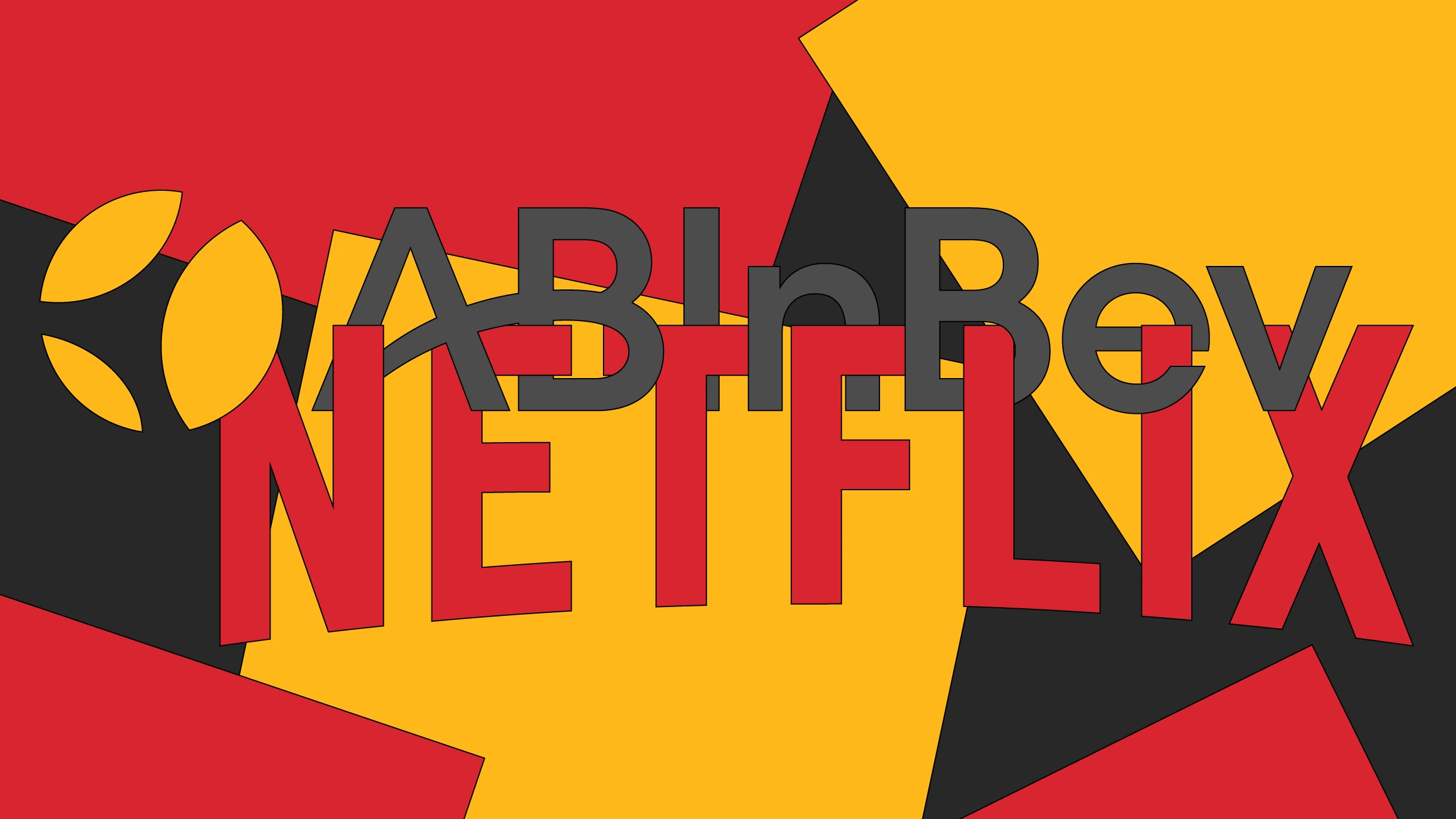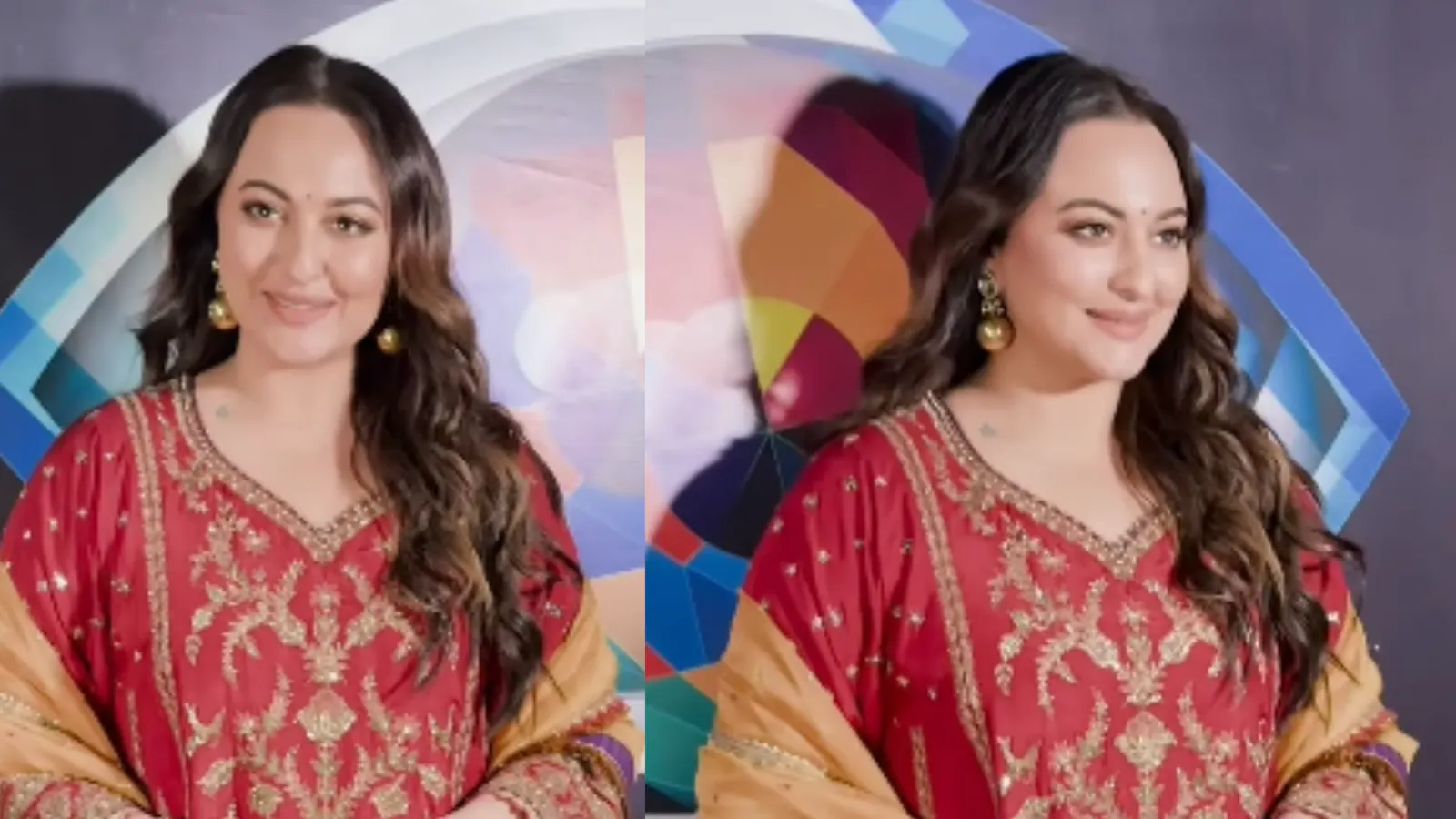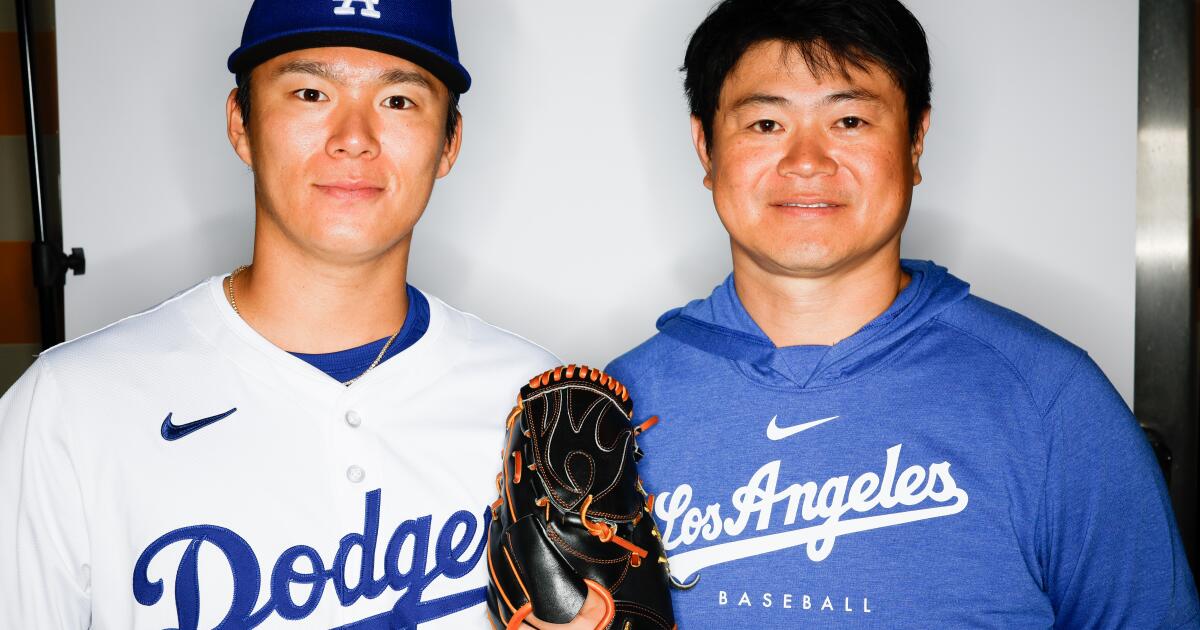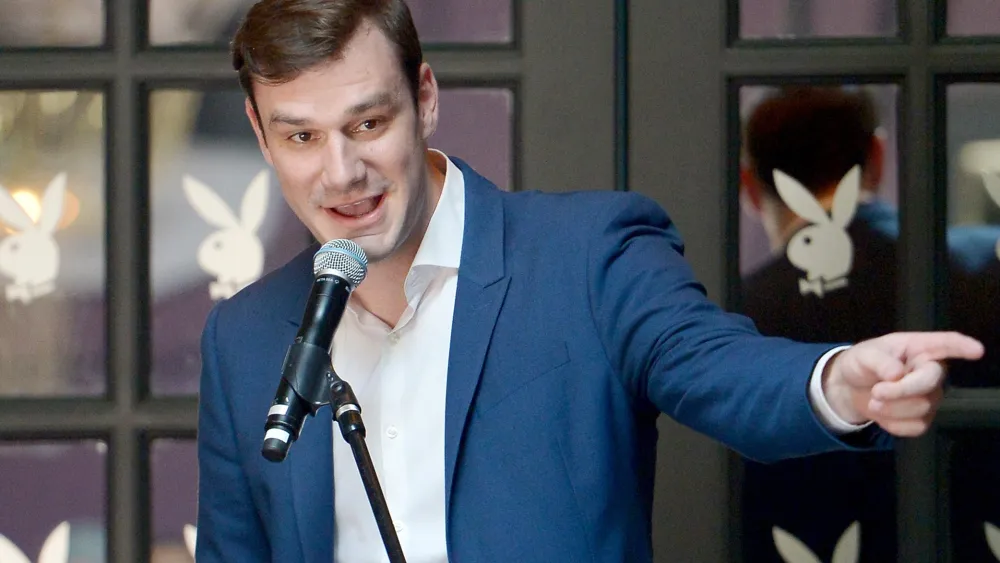Copyright Fast Company

The term brand entertainment is tough to define. For many people, it’s an oxymoron and these two words should never be in the same room as one another. For many others, though, it’s simply when brands make stuff we actually want to pay attention to. It could be a short ad, or a feature-length film, or a live event. What it isn’t is an annoying waste of time interrupting our attention from actual entertainment like TV, sports, music, and movies. I’ve spent a lot of time on the Brand New World podcast looking at different ways different brands are doing this right. From WhatsApp creating a Netflix doc about the Mercedes F1 team, to Dick’s Sporting Goods formally establishing an internal entertainment studio that has already been winning Emmys. But in September, an unprecedented deal was struck between one of the world’s biggest advertisers and arguably the globe’s biggest streaming platform. AB InBev—the parent to beer brands like Budweiser, Bud Light, Michelob Ultra, and Corona—signed a wide-ranging partnership deal with Netflix. Subscribe to the Design newsletter.The latest innovations in design brought to you every weekday Privacy Policy | Fast Company Newsletters This will not only get these major beer brands front and center in Netflix’s push into live sports, but also get them early access to placement and integration into other Netflix programming like shows and movies. This kind of thing will have marketers drooling, but everyone else skeptically side-eyeing the idea of a bigger brand presence in entertainment, and its potential effect on the quality of our favorite movies and TV shows. So, this episode I’m talking to Jae Goodman, cofounder and CEO of Superconnector Studios, who not only helped broker the Netflix—AB InBev deal, but has also helped giants like Nike and LVMH set up their own entertainment strategies. Here he breaks down this new deal, what it means, and how it may be setting the stage for the future of brands in Hollywood. Goodman says the key to the deal is that each company respects the goals and ideals of the other, which is the lens through which any brand integration is considered: “Netflix and AB InBev have each become acutely aware of each other’s priorities. And so Netflix is great about sharing their priority projects with AB InBev, and AB InBev has been very clear about the brand ethos. Netflix is extremely aware when they read a script for a new show or when they see the next season come in for an already hit show, they already know, ‘That’s a Stella show. That’s a Corona show, that’s a Budweiser show,’ because they’re aware of the brand alignment.” Why brands should avoid Hollywood’s independent financing model: “There is a very small subset of producers who believes that brands are the answer to independently financing projects that aren’t selling on spec. And so there are some producers out there whose pitch (to brands) is essentially, ‘You give me millions of dollars, I will go make this show or this movie, and it will totally sell. We’re gonna get it into Sundance, and then there’s gonna be a bidding war.’ Independent financing of film and television is rare, and in television it’s extremely rare and it’s risky. There are professionals who put their money at risk for independent financing, it’s a whole business and it’s a challenging business, and it’s more challenged by the fact that there are fewer buyers now. So, I’m just going to say it very clearly: It is bad for both industries to have brands fully financing entertainment as a business model. There are instances where it makes sense, but it needs to be in the context of not being the primary model. It is just not a good reason to do it. There’s so much money. Maybe there’s going to be less spending on content year over year, I haven’t seen the number. But I do know Netflix is going to spend $19 billion on content this year. So when they’re going to spend $19 billion on content, tell me why every brand in town needs to go to an independent producer and fully finance a movie that’s “totally gonna sell to Netflix.” Go to Netflix first and see if they’re interested.”



